Did anyone else see the fireball that streaked across the sky on New Year's Eve? I was heading home from the brewery on HWY 68 and saw it just above the hills in front of me. It disappeared behind one of the peaks and reappeared on the other side. The ball itself was not much smaller than the moon changing color from green to blue to orange with a tail thicker and brighter than any vapor trail I've seen -- a good omen for the new year, I am sure!
Speaking of fireballs...
One of the highlights of 2011 for me was conducting a Raku workshop at my studio in early December as part of the 2011 Dixon Studio Tour workshop series. Raku is a quick, dynamic firing technique that uses special glazes to create spontaneous bursts of color and crackle effects. Pieces are pulled from the kiln while they are still red-hot and placed in a chamber to encourage various results. Manipulating the atmosphere by reducing or oxidizing the chamber willl create various effects, and, watch out! Fireballs!
I woke up that morning to several inches of beautiful snow, swept the paths, made the coffee, and hoped the attendees would still be willing to make the drive through the canyon and up the arroyo to my studio. I was quite excited by the weather knowing that the contrast of cold and snow with the intense heat of the kiln would really add something special to the whole experience. The six arrived, four all the way from Albuquerque.
The workshop was designed so that even those with no clay experience whatsoever could take part. Normally, clay pieces are made and pre-fired without glaze decoration (the bisque firing). Then glazes are applied for a second firing, in this case the "raku" firing. For this workshop, participants could bring a bisque-fired pot of their own (go Lori!) or choose a pot I had already made and bisqued for them to glaze themselves. I showed everyone how to glaze their pots using the "dip and pour" technique and demonstrated how to decorate with wax resist. We loaded the kiln and fired it up. While we waited for the kiln to reach temperature (1823 degrees F in just an hour!), we practiced using the tongs and choreographed our unloading sequence... who would pull which pots out of the kiln when, and who would place lids on the reduction cans. The cold didn't vex us (well, a slight acclimatization process for the gals from Spain), rather it was a real treat to huddle around the warmth of the kiln together knowing we each had an important role to play for a successful firing. And a successful firing it was! All went smoothly as planned... a terrific team with the right mix of care, enthusiasm and creative energy. And lovely pots to take home!
Visit www.miyapottery.com for information on raku and wheel-throwing lessons, or call to organize a raku party for a group of friends!
For a more detailed step-by-step explanation of the raku firing process, see my previous post, Raku Sisters.
